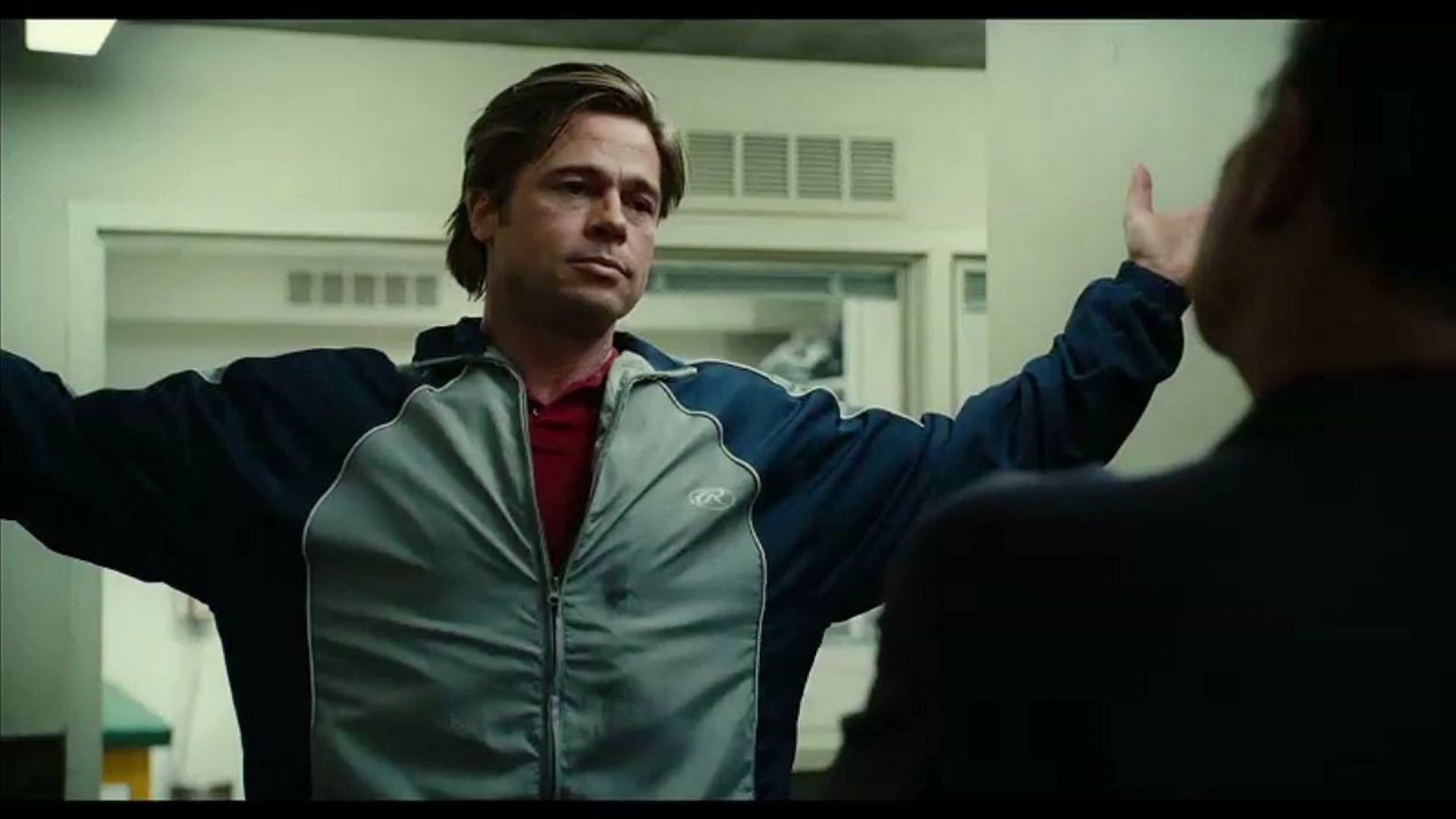Moneyball as the metaphor...

The thrill of sport comes from the pursuit of the unknown and the impossible. Whether or not we actually achieve the impossible - the beauty of sport is in the pursuit.
Moneyball captures that beauty.
The beauty in the numbers.
The beauty in the potential of people.
The beauty of the next chance.
What is fantastic about this story, is that it is about sport, but goes to the heart of what is sport. That is people.
Billy Beane sets out to change the fortunes of his team, the Oakland A's - but to do it differently. Based on his own experiences as a high prospect baseball player who failed in the big leagues, and working for an owner who can't afford to compete the traditional way, he thinks differently.
Along with Paul DePodesta he learns to see connections, and pay attention to data on players that makes a difference to the winning of the game. In doing so he ignores an entire set of success criteria/conventions built around history, heritage and 'gut' feeling.
For me, one of my favourite sections in the book captures this conflict in the organization known as baseball, and what Beane went up against as he tried to do it his way.
"The problem with major league baseball is that it's a self-populating institution. Knowledge is institutionalized. The people involved with baseball who aren't players are ex-players.
In their defense, their structure is not set up along corporate lines. They aren't equipped to evaluate their own systems. They don't have the mechanism to let in the good and get rid of the bad. They either keep everything or get rid of everything, and they rarely do the latter."
Replace the bolded text with "schools" or "education sector" and you have a perfectly valid statement. Arguably, falling back onto 'corporate lines', without any honest reflection about what that phrase entails, may lead us straight into the nonsense that "business knows best" mantra.
But in what ways do we in education rigorously evaluate our own systems? What are the ways in which we 'let in the good and get rid of the bad'?
In light of budget announcements and the expected refrain and arguments from all sides, how can we in education actually take steps like Billy Beane did?
How can we control the argument, how can we aim to change the game.
For the better. For the people.
